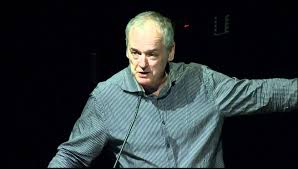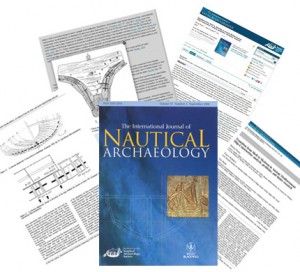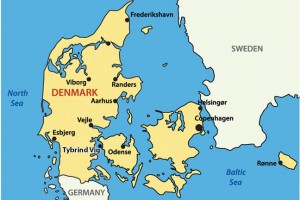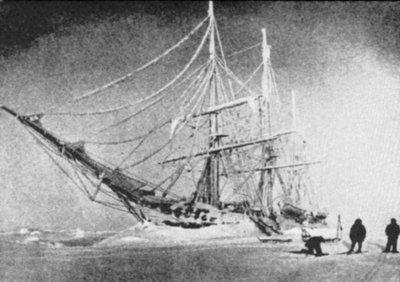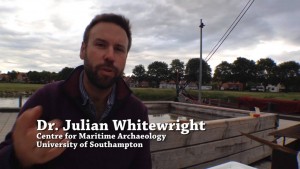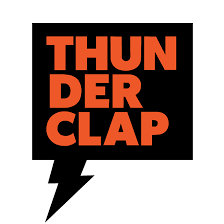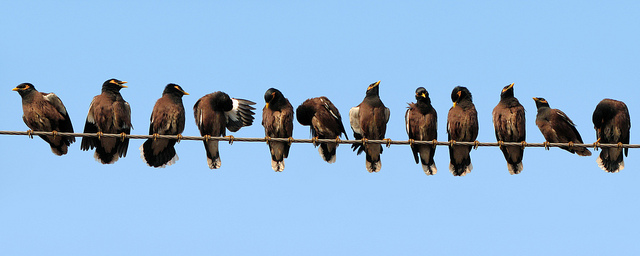
Join our Tweetchats
Whilst Shipwrecks and Submerged Worlds is live, the team will be hosting 4 tweetchats:
Thursday 4th February
Thursday 11th February
Thursday 18th February
Thursday 25th February
The chats will take place from 20:00- 21:00 GMT*.
How to take part
Log in to Twitter by 8pm (GMT).
Follow the hashtag #FLShipwrecks
Post any questions or comments that you may have.
Members of the team and others will respond.
Continue reading →


